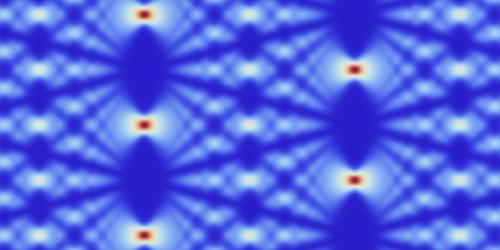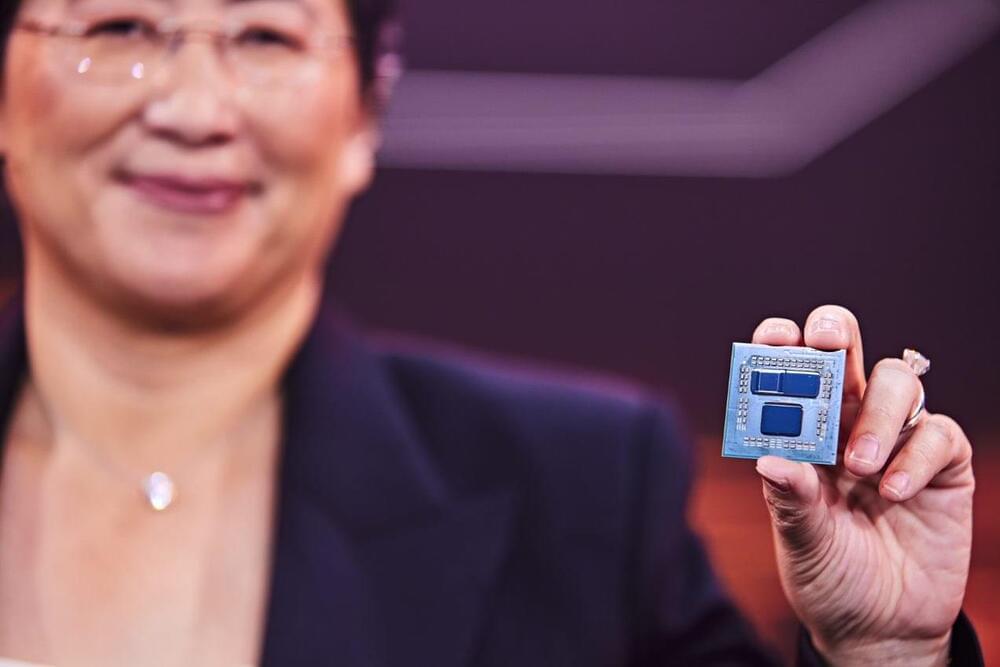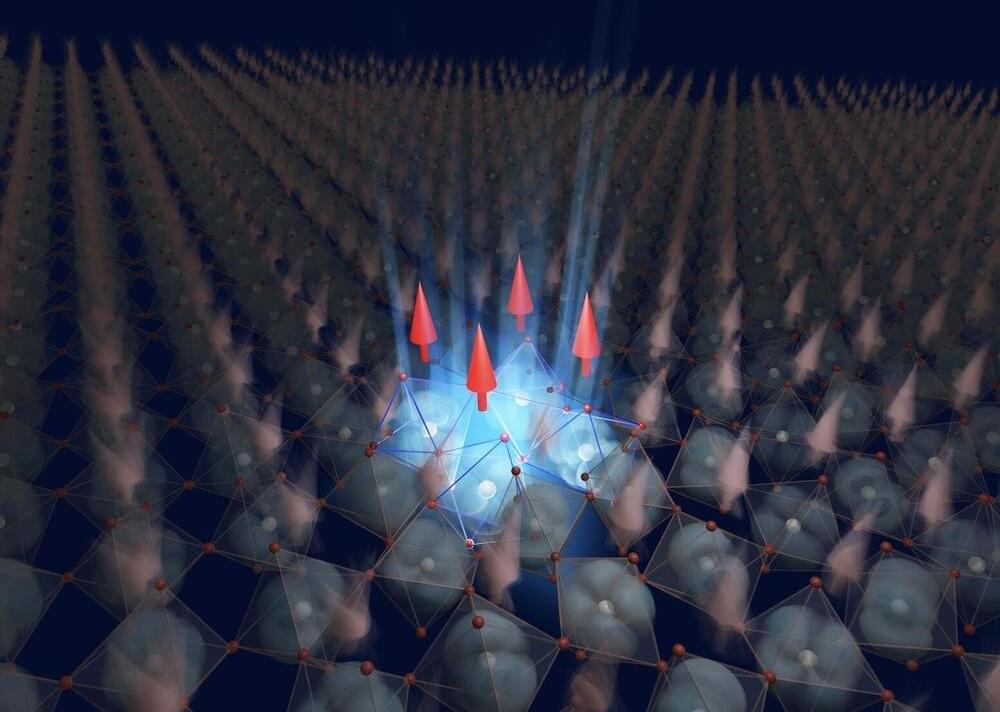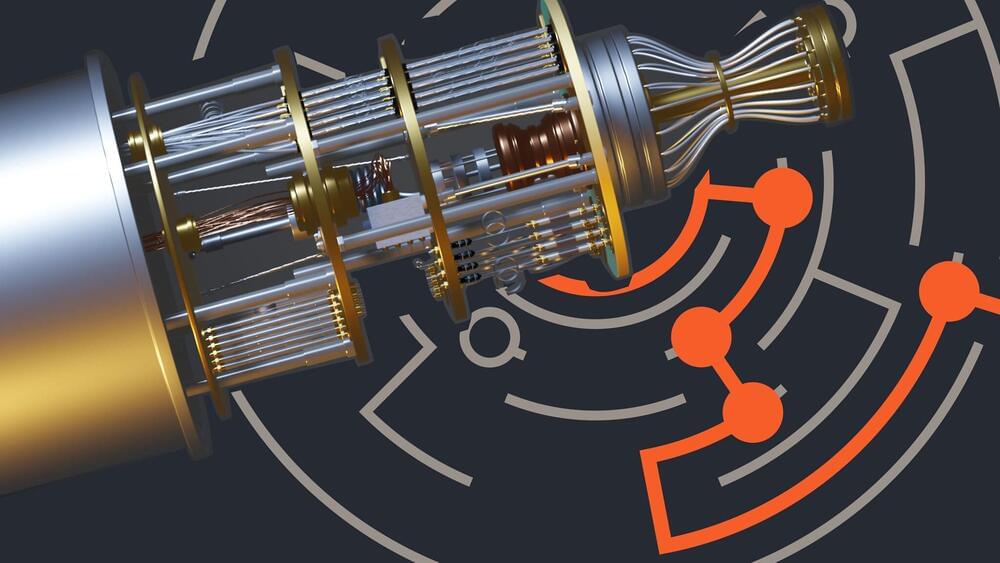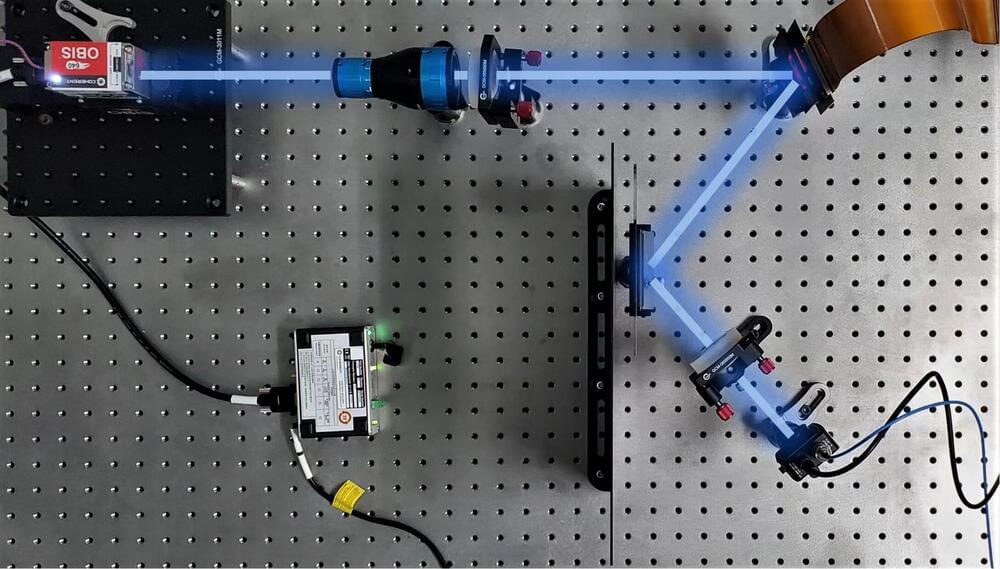May 8, 2023
Tweezers in Three Dimensions
Posted by Saúl Morales Rodriguéz in categories: computing, particle physics, quantum physics
A new kind of 3D optical lattice traps atoms using focused laser spots replicated in multiple planes and could eventually serve as a quantum computing platform.
Researchers have produced 3D lattices of trapped atoms for possible quantum computing tasks, but the standard technology doesn’t allow much control over atom spacing. Now a team has created a new type of 3D lattice by combining optical tweezers—points of focused light that trap atoms—with an optical phenomenon known as the Talbot effect [1]. The team’s 3D tweezer lattice has sites for 10,000 atoms, but with some straightforward modifications, the system could reach 100,000 atoms. Such a large atom arrangement could eventually serve as a platform for a quantum computer with error correction.
3D optical lattices have been around for decades. The standard method for creating them involves crossing six laser beams to generate a 3D interference pattern that traps atoms in either the high-or low-intensity spots (see Synopsis: Pinpointing Qubits in a 3D Lattice). These cold-atom systems have been used as precision clocks and as models of condensed-matter systems. However, the spacing between atoms is fixed by the wavelength of the light, which can limit the control researchers have over the atomic behavior.
